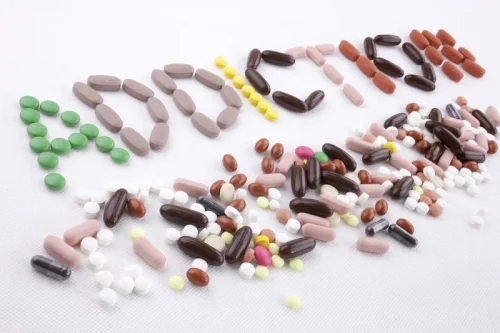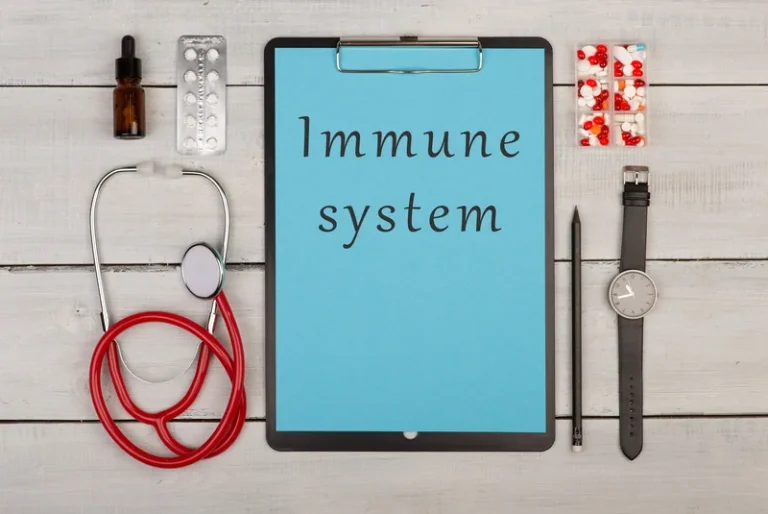
An example of one of these effects of overlapping symptoms is to redirect your food budget to buy the substance in question, which is a psychological effect. However, by doing this, you are unable to consume enough nutrients which in turn has a physical effect. Adi Jaffe, Ph.D., is a lecturer at UCLA and the CEO of IGNTD, an online company that produces podcasts and educational programs on mental health and addiction. Sometimes, severe withdrawal symptoms require monitoring from doctors in a hospital setting.

Signs and Symptoms of Psychological Dependence
Embarking on the journey to recovery from addiction requires support, guidance, and a comprehensive approach. Seeking professional help and establishing a strong support system are two crucial elements in the path to recovery. No matter if you’re struggling with physical or psychological dependence, you need an array of therapies designed to suit your individual needs. The severity of physical dependence and withdrawal syndromes can be predicted by factors like the dose used, duration of use, and age of initiation.
Discover if you have obsessive-compulsive disorder (OCD). Unravel symptoms, seek help, and find ways to cope.

However, this condition does not generally occur with withdrawal from opiate drugs, which are also considered to be extremely physically addicting. Long-term drug or alcohol use leads to a state of physical dependence, where your body’s cells can’t seem to function normally without that substance. However, over time, a physical state of tolerance means your body needs more drugs or alcohol to feel their effects.
Examples of addiction
Currently, the only behavioral addiction included in the Diagnostic and Statistical Manual of Mental Disorders, 5th edition, text revision (DSM-5-TR) main list is gambling disorder. In this article, we look at the differences between addiction physiological dependence on alcohol and dependence and explore definitions, examples, and differences in treatment. Remember, recovery is possible, and with the right support and treatment, individuals can reclaim their lives and achieve long-lasting sobriety and well-being.
- Depending on the addiction, it was previously thought to be either one or the other.
- The difficulties created by this kind of dependence can affect many other aspects of an individual’s life.
- The medication they’re prescribed in some cases mitigates the physical symptoms of withdrawal.
Addiction Treatment Programs

Much like a physical dependence, a psychological dependence happens because of using drugs or alcohol habitually. To reiterate, people can develop a chemical dependency through legally prescribed medication. Some drugs, illegal and legal, are more addictive because they target pleasure and reward-seeking neurotransmitters. According to the World Health Organization (WHO), substance abuse is when a person uses psychoactive drugs in a way that could harm them. Hence, those with a substance use disorder suffer from issues with a physical dependence and a psychological dependence.
Unravel the detox mystery: How long does detox take? Explore timelines and methods for a safe and effective cleanse.
- Finding the right treatment facility and support system is crucial in addressing both the physical and psychological aspects of addiction.
- When people use the term psychological addiction, they’re often talking about psychological dependence, not addiction.
- If you or a loved one are having seizures, seek medical attention as soon as possible.
- Those with severe psychological addiction become consumed with their drug of choice.
- Some common substances that can cause physical dependence include caffeine, nicotine, and pain relievers like narcotics.
Identify now: Hangover vs alcohol poisoning. Know the symptoms and when to take action for your health!
- They can provide guidance, assess the situation, and recommend appropriate treatment options to help break free from the chains of dependence.
- The psychological side of addiction represents the compulsion of the mind to drink or use based on a perceived need the substance fills.
- People can have just a physical dependence, addiction, or both at the same time.
- From there, they move into addressing the underlying causes of their substance use, which is the psychological side of addiction.
- When drugs and alcohol take over and you need more and more of the substance, this will cause financial difficulties.
- Even after your time with us is over, our alumni services ensure you stay on the road to recovery.
The Difference Between Physical vs. Psychological Dependence

Programs With a Focus On Physical Dependence

